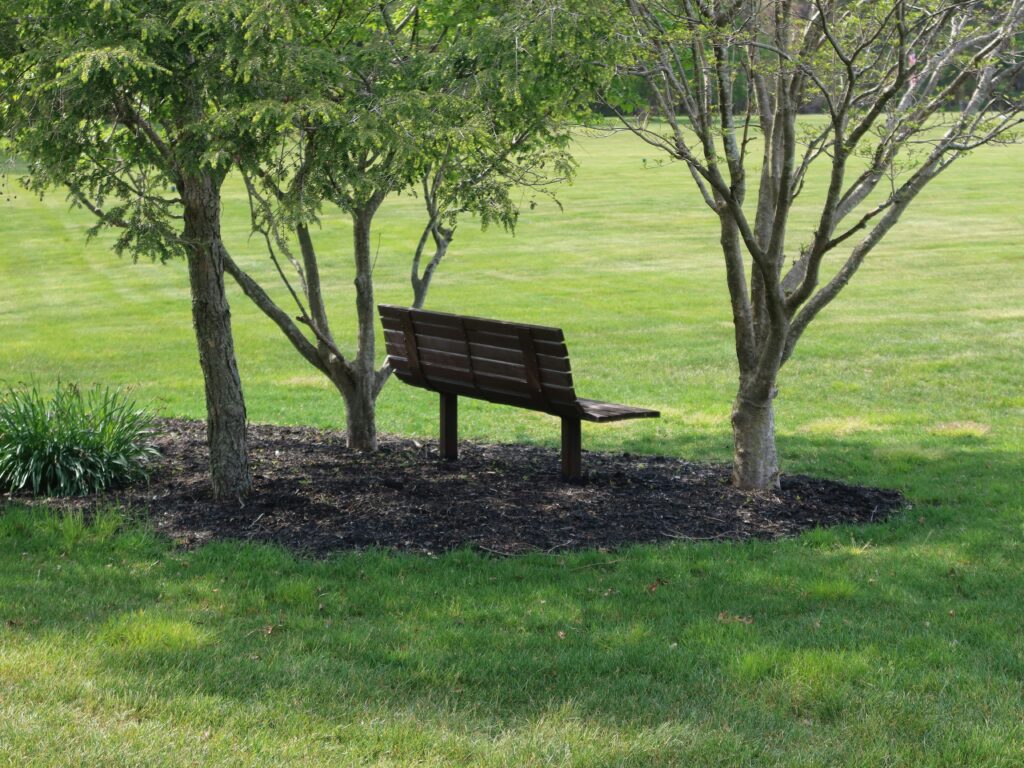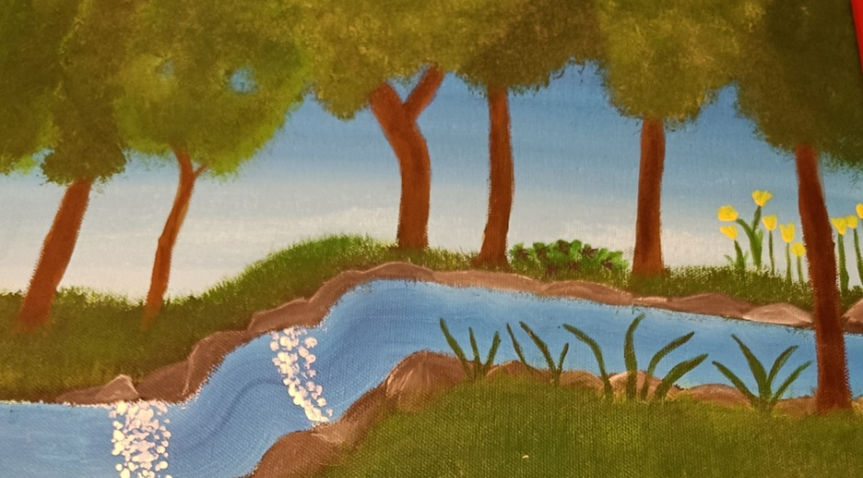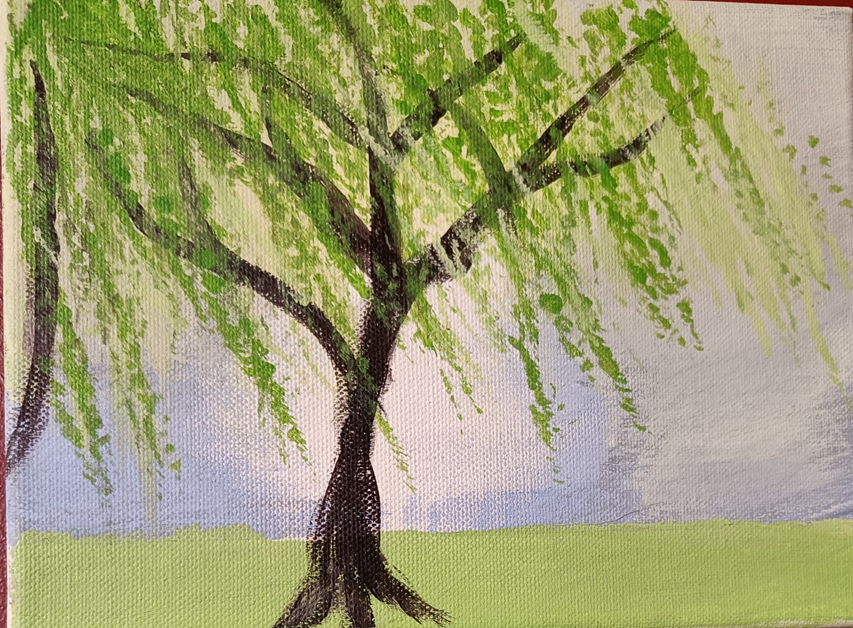In the second part of the publication series on the development of the palliative care nursing specialization program at Laurea University of Applied Sciences, we open up the experience of grief and support in it from the perspective of parents who have lost a child.
 Photo by Ann / Unsplash
Photo by Ann / Unsplash
In 2022, a total 168 families in Finland experiences the loss of a child under age of 15 (TIlastokeskus). Losing a child is akind to losing a piece of the future. The grief it creates, within a family is profound and can be challenging for healthcare professionals to face. As effective methods of support, we offer empathetics assistance, practical aid in daily tasks, participation in support groups, and conversation-based support. In supporting grief, we ca also employ strength-based and dialogue-oriented nursing, emphasizing equality between parties and recognizing the expertise of the person being supported. Genuine listening leads to understanding, a sense of connection, and ultimately em-powerment. Bringing forth what is important and empowering for the grieving individual can help them find ways to face and move forward through their sorrow. The next interview conducted during specialized training provides an overview of the world of experience and the wishes for support of parents who have lost their children.
How can we as caregivers support parents after the death of their child, and help them find their inner re-sources?
A parent who has experienced the loss of a child knows what grief is and how much it hurts. Every parent who has lost a child is an expert on grief. How can one approach grieving parents, and what are the building blocks of emotional support? What helps one cope and continue on living with life-alterning grief?
I interviewed a family that had lost a child. I am very grateful to this family for allowing me to share their experience of grief with readers.
The parents told me that after the death of their child, the existence of their older children helped them cope. The children themselves (1.5- and 5-year-old girls) found comfort in honest daily conversations and questions about the death of their little brother. The parents answered these questions truthfully every day, without unnecessary embellishment. The parents felt like their world had been crushed. in that moment, they did not want outside help (therapy, child protection, domestic help, babysitter, cleaner, peer support group, church). In their grief, the parents took shelter in the comfort of their own family. They felt that professionals should not impose help too forcefully. While grieving, the couple welcome new additions to the family, which they felt gave them new strength.
One thing that helped them cope was finding religion. The family’s experience of religion gave them comfort and hope that after death, the child will be waiting for them and they will be reunited. The mother put it into words as follows:
”Yeah, although I remember there was a lot of help imposed on us, therapy, domestic help, peer support groups etc. Child protection pressed us, because they were concered about our ability to cope after a big loss, I built a wall around myself and refused all assistance, I was more afraid that they would take away the rest of our children, I remember the anger and the bitterness, inside it felt like I was torn to piecec, but time did heal something, and our girls were a big resource for us then, and they were a reason for us to get up every morning, but more than anything it was finding God, that was what healed our souls. I felt II was in pieces inside, and then the pieces were glued back together, and what also made a big difference was the boys being born, although I was really afraid of losing them, but also believed that God had sent them to us.”
Every person and family is unique, and so is every death. When meeting someone who has lost a loved one, it is important to give them space, respect their privacy, give a sense of community, and support the whole family.
Things that helped this family cope were: family, family autonomy, honest conversation, new family members, and faith. The parents explained how faith had patched up the rest of their torn souls and given them hope that X is waiting for us and we will reunite.
The passing of time has an effect on the experience and manifestation of grief. It was six years after the child had passed that both parents began to find some time in the evenings for their paints and brushes. Creating art has been a way to live with grief and a way to describe grief with colours again.
 Mother’s painting. Suruvirta. (’River of Grief’) 2023
Mother’s painting. Suruvirta. (’River of Grief’) 2023
 Father’s painting. Kesätuuli. (’Summer Breeze’) 2023
Father’s painting. Kesätuuli. (’Summer Breeze’) 2023
This blog post is part of the Palliative Care Specialist – Specialization Training. The specialization training is aimed at professionals working in the field, specifically those who have previously completed a degree in social and health care at the university of applied sciences or vocational level. The training equips participants with the expertise needed to work in basic responsibilities related to palliative care or at specialized levels B and C. The program consists of 30 credits (equivalent to one year). This program combines traditional classroom instruction with digital and remote learning methods, providing a flexible educational for participants (Laurea University of Applied Sciences). Webpage in Finnish.
Sources
- Kuolleet – tilastokeskus (stat.fi). Referred to on April 15, 2024.
- Lapsen kuoleman kohdanneet vanhemmat 2017. Haastattelu / interview 26.03.2024. Uusimaa.